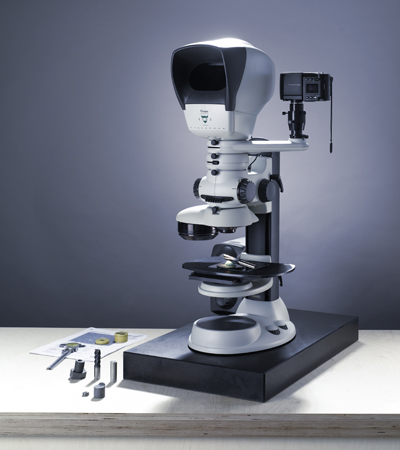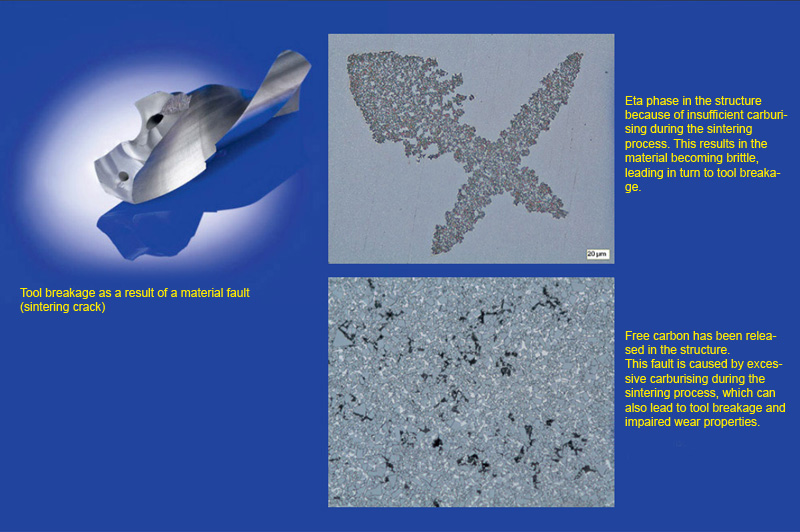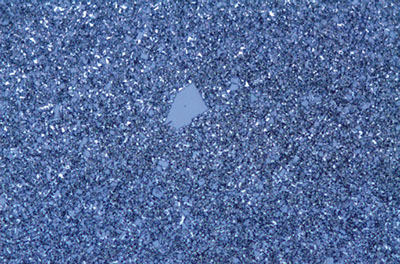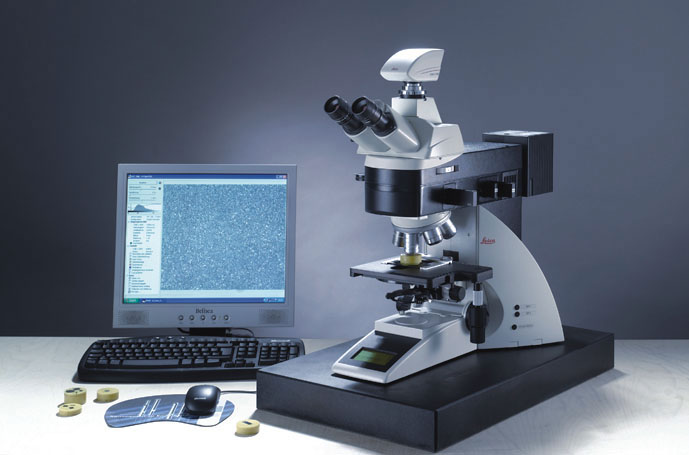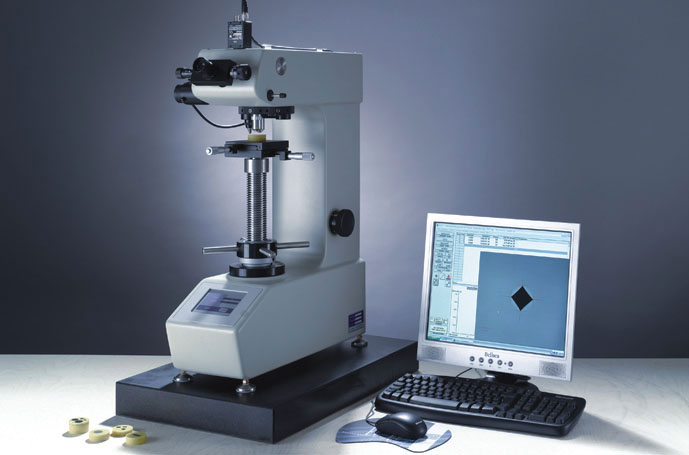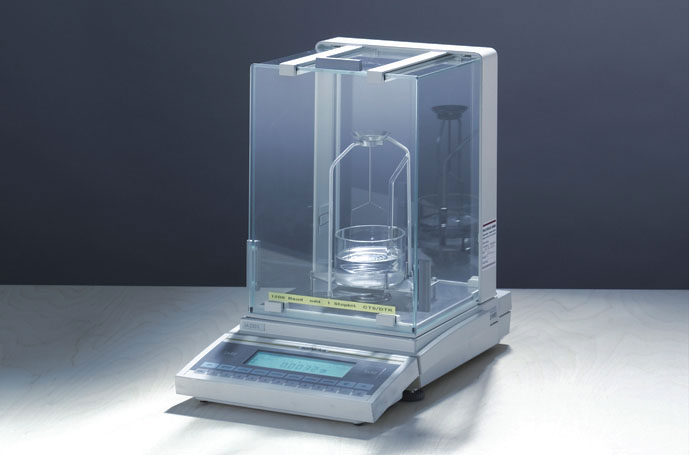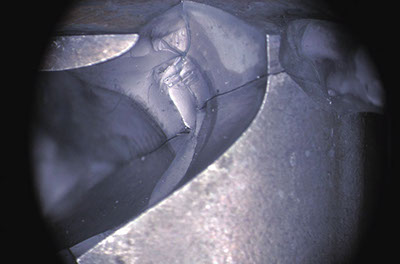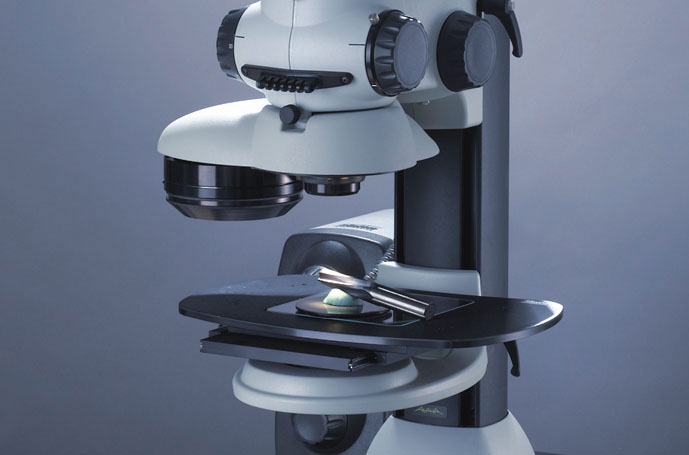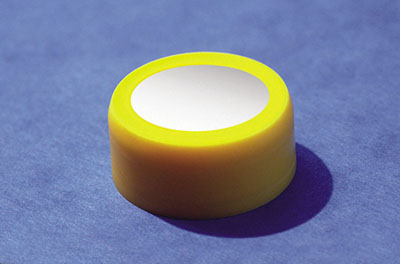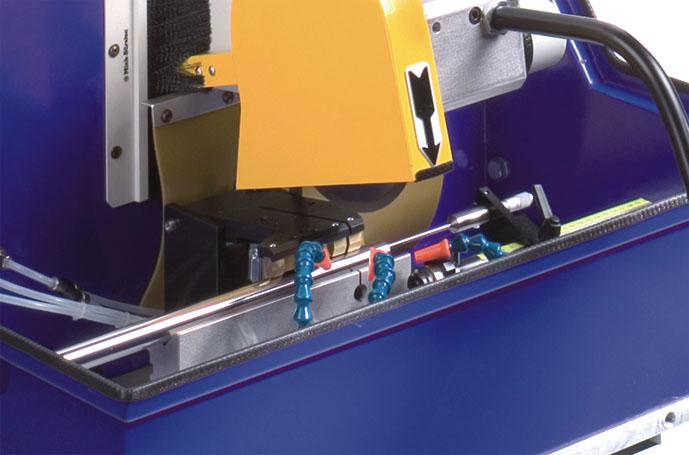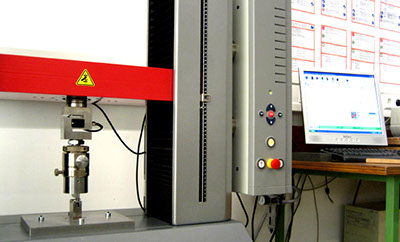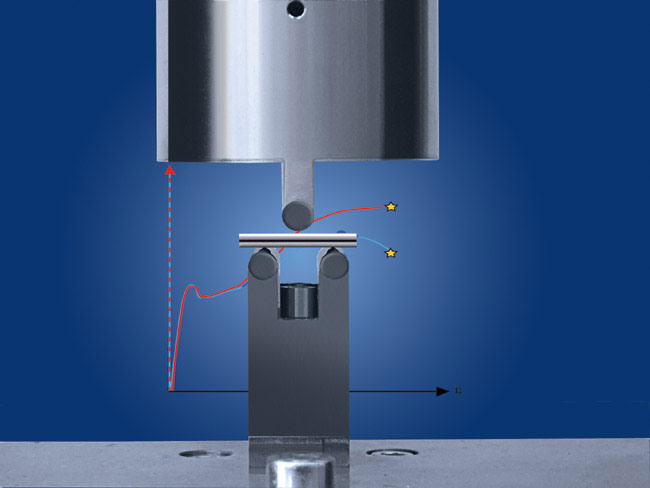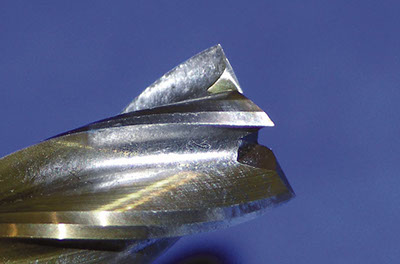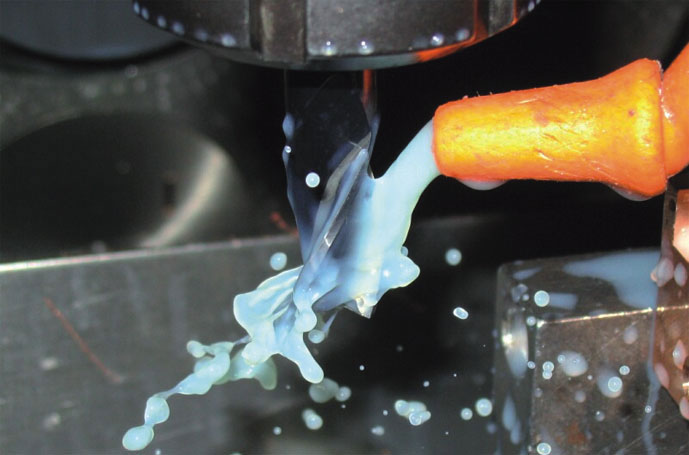
In-house materials laboratory
A source of insight
Magnetic values, density, structure, grain size, porosity, specific weight – Ihle is the only carbide supplier that metallurgically inspects these key quality characteristics and can guarantee the high quality of its products. The high-end measuring instruments in our in-house laboratory enable reliable precise quality analyses and grade determinations to be carried out. This result is a level of reliability that benefits tool manufacturers as well as users and end users.
Especially since we also test products from other brands besides Ihle: the laboratory has become established as an independent testing centre for carbide. Our judgement, our grade recommendations and tests of tool damage and wear and tear are in demand. After all, the quality of the carbide affects more than just the tool quality, it also has a considerable effect on the production costs and the profitability of tool production.


















